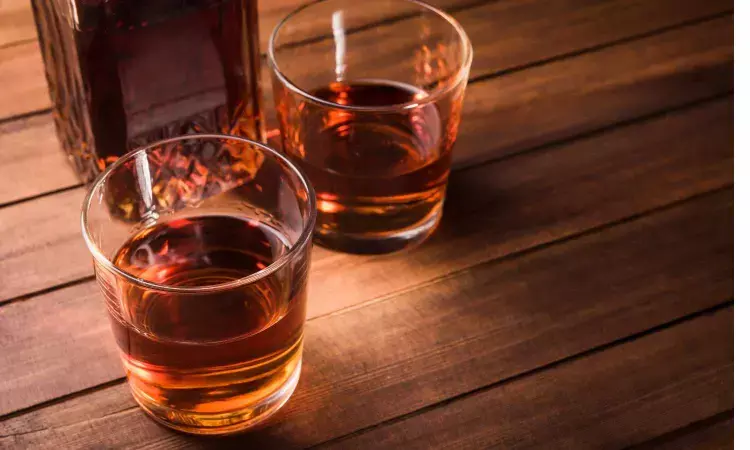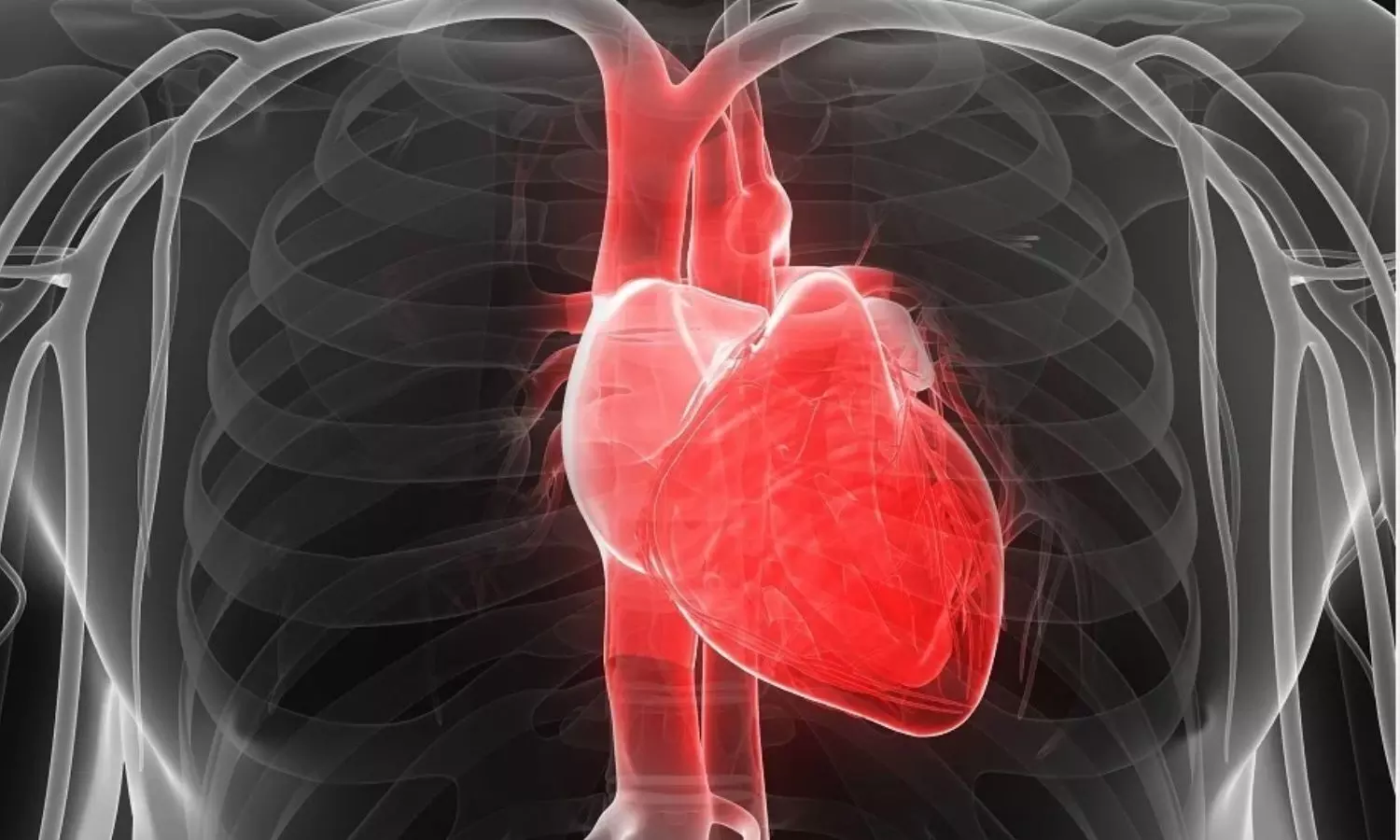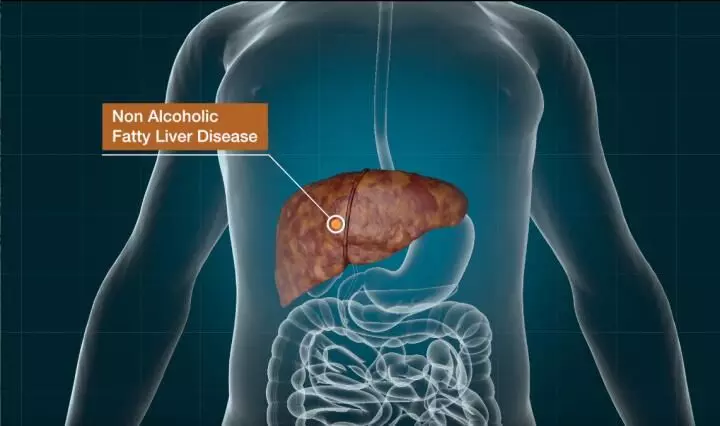- Home
- Medical news & Guidelines
- Anesthesiology
- Cardiology and CTVS
- Critical Care
- Dentistry
- Dermatology
- Diabetes and Endocrinology
- ENT
- Gastroenterology
- Medicine
- Nephrology
- Neurology
- Obstretics-Gynaecology
- Oncology
- Ophthalmology
- Orthopaedics
- Pediatrics-Neonatology
- Psychiatry
- Pulmonology
- Radiology
- Surgery
- Urology
- Laboratory Medicine
- Diet
- Nursing
- Paramedical
- Physiotherapy
- Health news
- Fact Check
- Bone Health Fact Check
- Brain Health Fact Check
- Cancer Related Fact Check
- Child Care Fact Check
- Dental and oral health fact check
- Diabetes and metabolic health fact check
- Diet and Nutrition Fact Check
- Eye and ENT Care Fact Check
- Fitness fact check
- Gut health fact check
- Heart health fact check
- Kidney health fact check
- Medical education fact check
- Men's health fact check
- Respiratory fact check
- Skin and hair care fact check
- Vaccine and Immunization fact check
- Women's health fact check
- AYUSH
- State News
- Andaman and Nicobar Islands
- Andhra Pradesh
- Arunachal Pradesh
- Assam
- Bihar
- Chandigarh
- Chattisgarh
- Dadra and Nagar Haveli
- Daman and Diu
- Delhi
- Goa
- Gujarat
- Haryana
- Himachal Pradesh
- Jammu & Kashmir
- Jharkhand
- Karnataka
- Kerala
- Ladakh
- Lakshadweep
- Madhya Pradesh
- Maharashtra
- Manipur
- Meghalaya
- Mizoram
- Nagaland
- Odisha
- Puducherry
- Punjab
- Rajasthan
- Sikkim
- Tamil Nadu
- Telangana
- Tripura
- Uttar Pradesh
- Uttrakhand
- West Bengal
- Medical Education
- Industry
Oral naltrexone and acamprosate Most Effective Treatment options for Alcohol Use Disorder

A new groundbreaking study revealed that oral naltrexone at a daily dose of 50 mg and acamprosate can be recommended as the first-line pharmacotherapies for addressing alcohol use disorder along with psychosocial interventions.
The study results were published in the journal JAMA Network.
Alcohol use disorder is a pervasive and challenging condition affecting over 28.3 million people in the United States. It is associated with a higher incidence of health problems and mortality. In a bid to improve treatment outcomes for this condition, a comprehensive study was conducted to compare the efficacy and relative effectiveness of various therapies for alcohol use disorder.
The research drew from many sources, including PubMed, the Cochrane Library, the Cochrane Central Trials Registry, PsycINFO, CINAHL, and EMBASE, covering November 2012 to September 9, 2022. The study then systematically monitored literature to identify relevant articles until August 14, 2023, with an update of the PubMed search on August 14, 2023.
For evaluating efficacy outcomes, the study included randomized clinical trials lasting at least 12 weeks. For assessing adverse effects, the analysis incorporated randomized clinical trials and prospective cohort studies comparing drug therapies and reporting health outcomes or harms. A comprehensive evaluation process was done that involved risk of bias assessment and the grading of the strength of evidence by two reviewers. Meta-analyses were carried out using random-effects models, and the study calculated the numbers needed to treat for medications showing at least moderate evidence of benefit.
The primary outcome of interest was alcohol consumption, while secondary outcomes encompassed motor vehicle accidents, injuries, quality of life, functional abilities, mortality, and adverse effects.
Findings:
- The study encompassed data from 118 clinical trials involving 20,976 participants.
- Notable findings included numbers needed to treat to prevent one person from returning to any drinking, which were 11 for acamprosate and 18 for oral naltrexone at a dose of 50 mg per day.
- Compared to a placebo, oral naltrexone at 50 mg per day was linked to reduced rates of returning to heavy drinking, with the number needed to treat is 11.
- Furthermore, injectable naltrexone was associated with fewer days of drinking during a 30-day treatment period, with a weighted mean difference of -4.99 days.
- However, there were adverse effects to consider, including increased gastrointestinal distress for both acamprosate (diarrhea) and naltrexone (nausea and vomiting) compared to a placebo.
The findings of this research are expected to have a significant impact on the treatment of alcohol use disorder. The study recommends the use of oral naltrexone at a daily dose of 50 mg and acamprosate as first-line pharmacotherapies when treating this condition. These medications have demonstrated their effectiveness in helping individuals recover from alcohol dependency. The study's results come as welcome news for those struggling with alcohol use disorder, their families, and healthcare providers. Effective treatments are a crucial step in addressing this complex and challenging condition that affects millions of people in the United States.
Further reading: McPheeters M, O’Connor EA, Riley S, et al. Pharmacotherapy for Alcohol Use Disorder: A Systematic Review and Meta-Analysis. JAMA. 2023;330(17):1653–1665. doi:10.1001/jama.2023.19761
BDS, MDS
Dr.Niharika Harsha B (BDS,MDS) completed her BDS from Govt Dental College, Hyderabad and MDS from Dr.NTR University of health sciences(Now Kaloji Rao University). She has 4 years of private dental practice and worked for 2 years as Consultant Oral Radiologist at a Dental Imaging Centre in Hyderabad. She worked as Research Assistant and scientific writer in the development of Oral Anti cancer screening device with her seniors. She has a deep intriguing wish in writing highly engaging, captivating and informative medical content for a wider audience. She can be contacted at editorial@medicaldialogues.in.
Dr Kamal Kant Kohli-MBBS, DTCD- a chest specialist with more than 30 years of practice and a flair for writing clinical articles, Dr Kamal Kant Kohli joined Medical Dialogues as a Chief Editor of Medical News. Besides writing articles, as an editor, he proofreads and verifies all the medical content published on Medical Dialogues including those coming from journals, studies,medical conferences,guidelines etc. Email: drkohli@medicaldialogues.in. Contact no. 011-43720751




